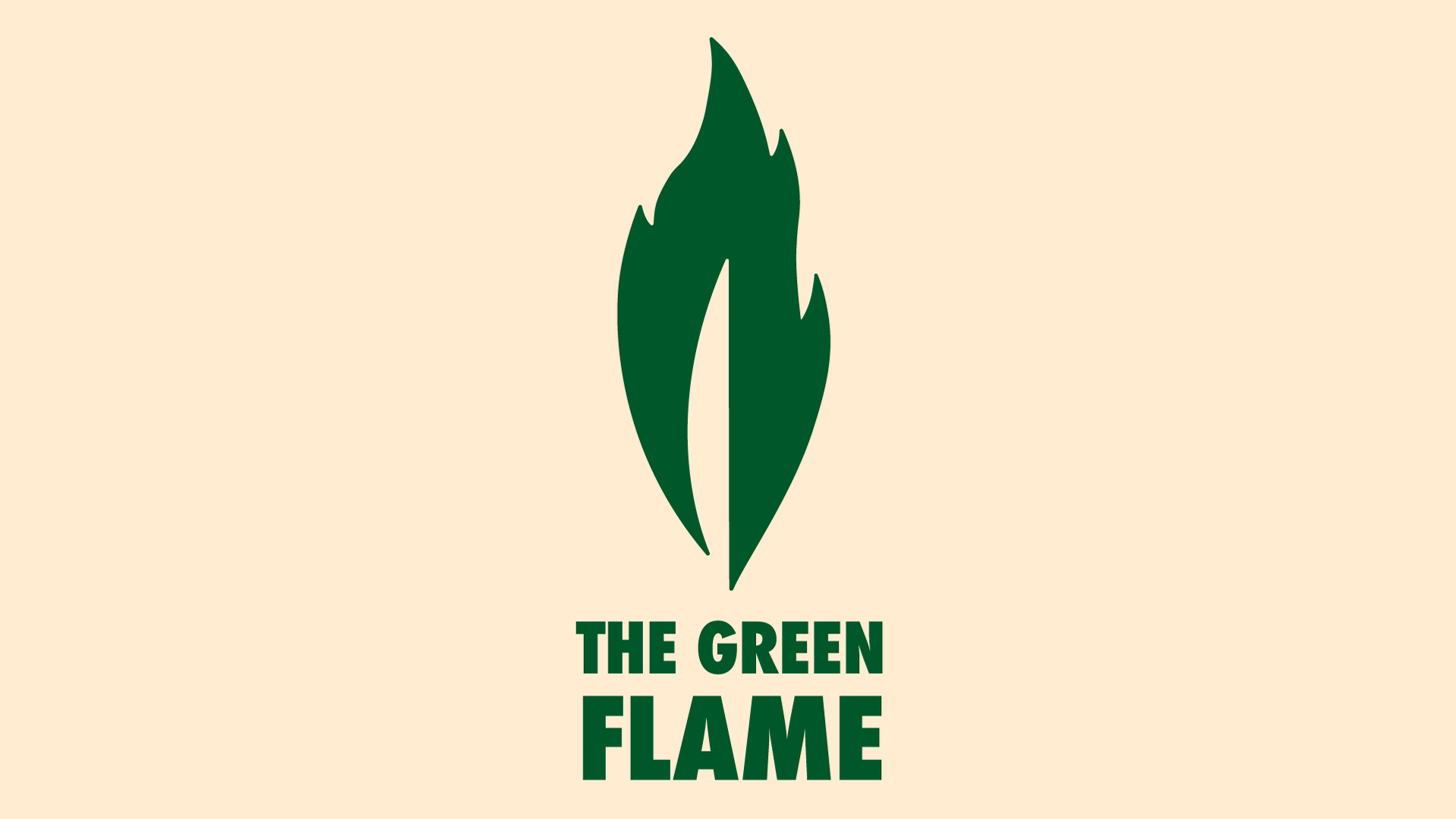This episode of The Green Flame focuses on colonization and has three interviews: the first with Anne Keala Kelly, a native Hawaiian organizer, journalist, and award-winning filmmaker; the second with Mari Boine, a world-reknowned Sami indigenous musician; and the third with a river.
We discuss colonization, history, tourism, the TMT telescope project on Mauna Kea, indigenous peoples of Europe, music, and how to connect with the land. Three of Mari Boine’s songs are used in this episode, with permission: Gula Gula, Goaskinvielija (Eagle Brother), and Vilges Suola.
Subscribe to The Green Flame Podcast
About The Green Flame
The Green Flame is a Deep Green Resistance podcast offering revolutionary analysis, skill sharing, and inspiration for the movement to save the planet by any means necessary. Our hosts are Max Wilbert and Jennifer Murnan.
Bios
Anne Keala Kelly is a journalist and filmmaker. Keala’s published articles and Op-Eds have appeared in the Honolulu Star-Advertiser, The Nation, Indian Country Today, Honolulu Weekly, Honolulu Civil Beat, Hana Hou! Magazine, Big Island Journal, and other publications. Her broadcast journalism has aired on Free Speech Radio News, Independent Native News, Al Jazeera English, The Newshour with Jim Lehrer, Democracy Now!, The Environment Report, and more. She is a frequent guest commentator on First Voices Indigenous Radio, and has been interviewed on numerous nationally syndicated radio programs, from KPFK Los Angeles’ Rise-Up to Native America Calling in Anchorage to the Australia Broadcast Corporation’s Pacific Beat. Her reporting on Hawaiian poverty and homelessness garnered her Native American Journalism Awards. And her documentary, Noho Hewa: The Wrongful Occupation of Hawai’i, has received international film festival awards, and is widely taught in university courses focusing on Indigenous Peoples, colonization, Hawaiian sovereignty, and militarism. Keala is an outspoken Native advocate for Indigenous representation in media, and has been a guest speaker at universities in Hawai’i, the U.S., and Aotearoa-New Zealand. She has delivered conference keynotes and participated in conference and community panels and roundtables. She has an MFA in production from the UCLA School of Theater, Film, and Television. To learn more about her film, go to www.nohohewa.com.
Mari Boine: Imagine the ice and snow of the Arctic landscape, the bitter cold of the Northern wind, the hint of compelling blue under a crystallized lake. Close your eyes. Then listen. Really listen. You’ll feel a voice before you even hear it. It’s like none other. It’s a voice that brings the landscape alive with a mesmerizing purity; a voice that represents a thousand years of ancestral connection to an unyielding frozen space. This is Mari Boine. Musician. Songwriter. Singer. A genre-bending trailblazer with a taste for jazz, folk, rock, and world. An artist whose music is inspired by and infused with her Sámi roots. A woman who knows who she is, where she’s come from and what she stands for. A music icon who has inspired indigenous artists the world over.

